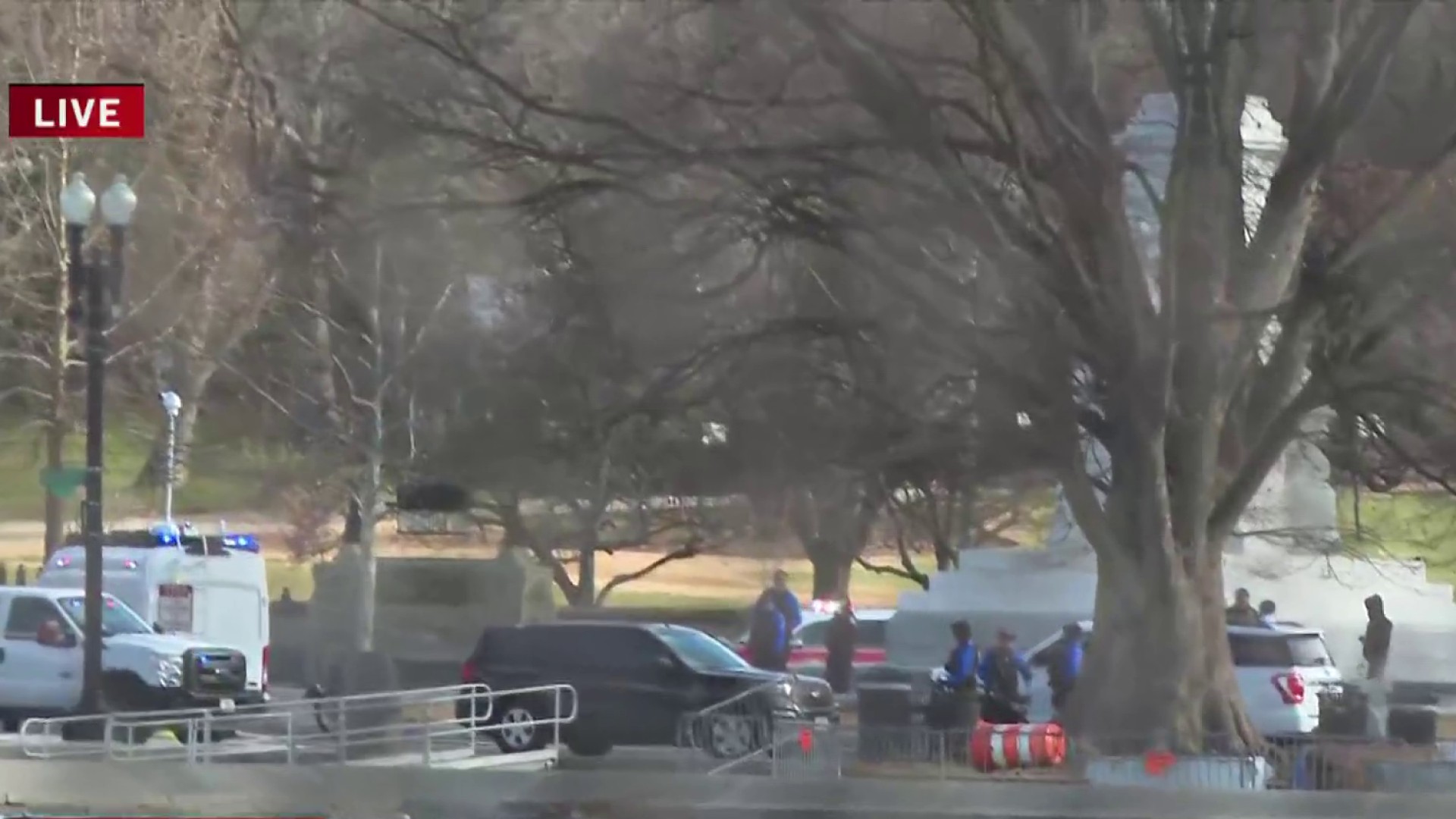While most of the Bay Area has been breathing easy for the past few days, it sounds like the smoke isn't done with us yet. And a new study from Stanford, is raising new questions about potential long-term health effects from our month of smoky skies.
Four out of the five largest wildfires in California’s history happened this year, coating the Bay area skies in some of the worst air in the world.
“The levels that we’ve seen on the West Coast have been through the roof,” said Stanford Professor Marshall Burke.
He Joined two others Friday for an online discussion about the long-term risk from all this smoke and what you need to do to protect yourself from it.
Dr. Kari Nadeau notes that long-term exposure to smoke is estimated to cost firefighters as much as 10 years of their life.
They found wildfire smoke also increases the risk of stroke by 40% for the elderly. Pregnant women exposed for just five days are more likely to give birth prematurely, and the risk that infants will develop asthma later in life – doubles.
The danger doesn’t stop there.
U.S. & World
News from around the country and around the globe
“Over time, we expect there to be damage in the immune system, as well as in parts of the DNA,” said Dr. Kari Nadeau, Stanford professor of pediatric food allergy, immunology, and asthma.
So what can you do to protect yourself?
Start with the obvious - stay indoors -- and use blankets or towels to seal drafty windows, doors and vents.
“This is a time when you want a home that’s really well sealed,” said Stanford Professor Lynn Hildemann.
Hildemann recommends getting an air purifier for indoors and wearing an N-95 mask outdoors -- even if the mask doesn’t completely protect you.
“It’s not only how good the mask is, it’s whether you wear it tightly on your face,” said Hildemann.
Even with all that, experts say it's nearly impossible to avoid some long-term impact when we face this much smoke for this long, which means the most important solution may be addressing the root cause of these fires - climate change, and forest management.
“[The year] 2020 is likely to be the worst,” said Burke. “We won’t know until the end of the year but anyone living in the Bay Area has experienced the excruciatingly bad air quality that we’ve gotten and that’s almost entirely from wildfires.”



